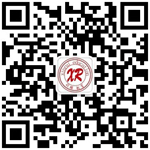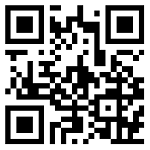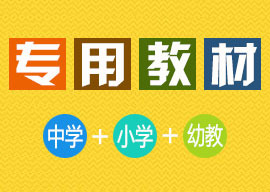提醒:点这里加小编微信(领取免费资料、获取最新资讯、解决考教师一切疑问!)
[误] It was good to you to help my little boy.
[正] It was good of you to help my little boy.
[析] 这句话应译为:你真太好了,帮助了我的小孩。而be good to somebody 是对某人态度好。如:Her mother is good to everyone.
[误] My parents were very pleased at me.
[正] My parents were very pleased with me.
[正] My parents were very pleased at my studying.
[析] be pleased with后加somebody, 而be pleased at后加something。
[误] He is agree with me.
[正] He agrees with me.
[误] He againsts me.
[正] He is against me.
[析] 同意agree为动词,而反对against则为介词。在使用中一定要注意。
[误] I haven't heard letters from him.
[正] I haven't heard from him.
[析] hear from 即为:从某人处得到信件。不要再加letter了。
[误] Teacher. May I call at you this weekend?
[正] Teacher. May I call on you this weekend?
[析] 作为“拜访”讲call at其后接地点,如:May I call at your home this weekend?而call on其后接人。
[误] Do you know the girl on white?
[正] Do you know the girl in white?
[析] in white为穿一身白。与in有关的词组有:in bed(睡觉),in hospital(住院),in a hurry(匆匆忙忙),in danger(危险中),in joy (高兴),in good health(身体好),in love(恋爱),in trouble(困境),与之相反的是out of ,如:out of trouble (摆脱困境),out of date(过时了), out of order(出故障)
[误] He looked at me at surprise.
[正] He looked at me in surprise.
[析] surprise的用法一般有三种。①用于句首,To one's surprise, 如:To my surprise he succeeded. ② be surprised at, 如:I was surprised at the news. ③用于句尾in surprise.
提醒:点这里加小编微信(领取免费资料、获取最新资讯、解决考教师一切疑问!)









